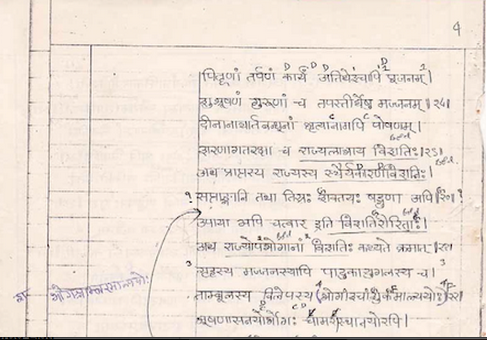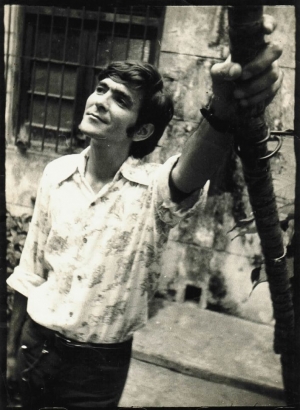When it was all over, the mother knocked on the door to my office. She sat down in the only chair that faced mine from the other side of the desk, in the same place where the student had been a few minutes before he fell to the floor. To mask my discomfort, I offered her a box of tissues and she wiped her eyes. I had been the last person to see him the way she would have wanted to remember him. Now it would be impossible after the legal process, the photos, the morgue, and the many stories in the newspapers. She told me about his last few months, avoiding all uncomfortable commentary. Suddenly she paused. She wanted to know what his last words had been. I inhaled deeply: his last words—how to explain without telling her the rest—had not come out of his mouth.
Language: Spanish
Translation Tuesday: “Obituario (El estudiante)”

"His last words—how to explain without telling her the rest?—had not come out of his mouth."
Celebrating summer though music is best done by letting the outside world mix your playlist. Instead of being bunkered up inside, we best give ourselves over to the choices of others, through song snippets wafting out of open windows and automobiles, that ubiquitous song of the summer blasting at regular intervals from shoe stores and gaudy discotheques, the presets or record collections of your Airbnb hosts, or foreign radio stations in your rental car. If the songs are in another language, the effect is that much more transformative, creating a wonderfully schizophrenic sense of anonymity in incomprehensibility and of endless possibility in the unknown.
Yet it also has to be admitted that there is as much crap music abroad as there is at home. And it will definitely seem to be a much higher percentage at first, because how would you even know where to start, which station to start streaming? It helps when your favorite artists sidestep into a foreign language. Erlend Oye, for instance, a Norwegian singer who makes up half of the much-beloved twee popsters Kings of Convenience (and more recently fronted the now defunct Whitest Boy Alive) last year surprised the world with a rare solo single in Italian. Though the album it was supposed to be a part of hasn’t yet materialized, this first taste is an infectiously strummy tribute to the grand Italian pop tradition of the 1960s and 70s. READ MORE…
Asymptote Spring 2014 Issue – Out Now!
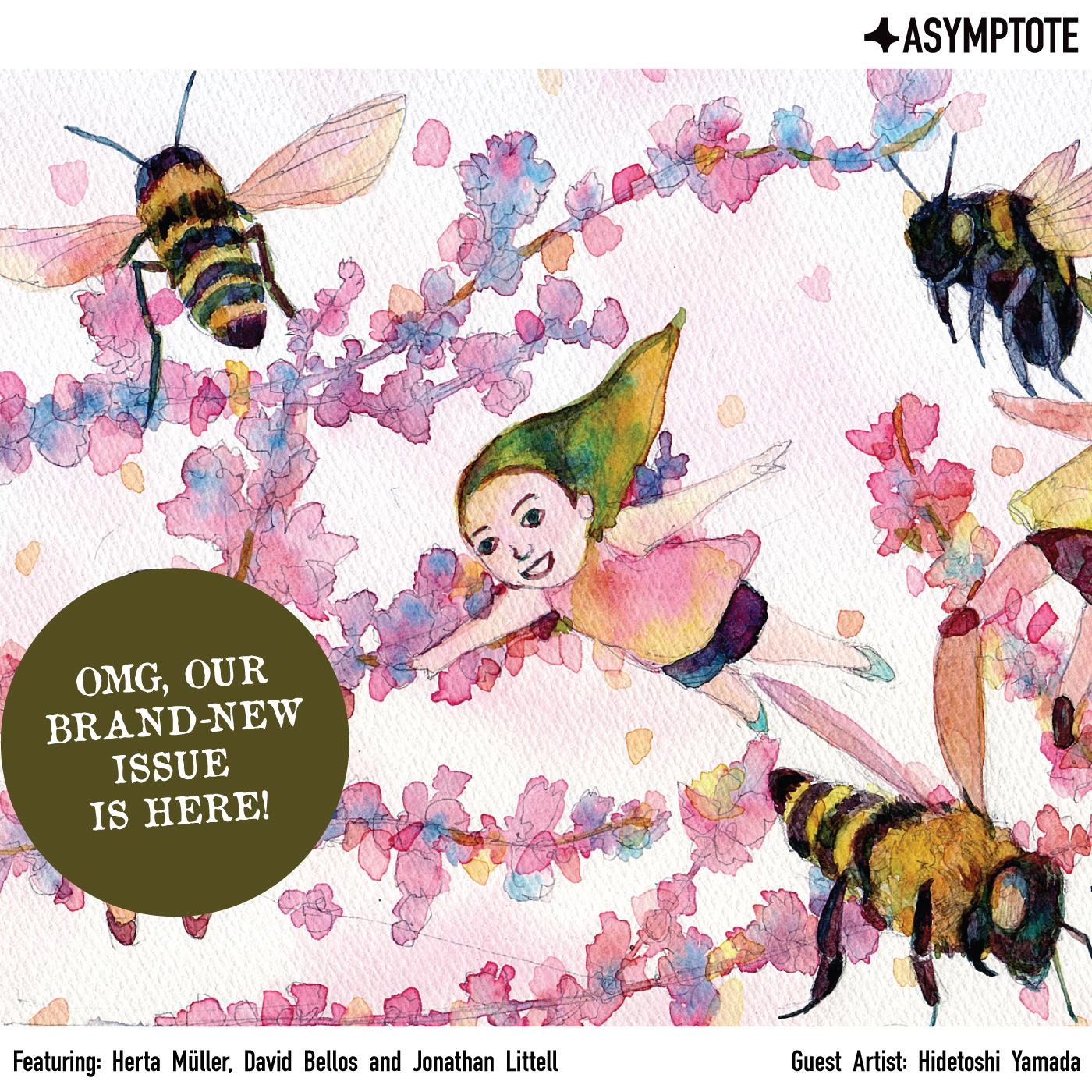
…and it's packed with the most exciting new literary translations, critical pieces, and more from around the world.
What are you waiting for? Highlights from Asymptote’s Spring 2014 issue include new work by Nobel laureate Herta Müller, David Bellos (author of “Is that a Fish in Your Ear?”), and Prix Goncourt-winner Jonathan Littell. Plus, our annual English-language fiction feature spotlights Diasporic literature from Bosnia, China, India, Japan, and Singapore.
Cuban Literature, Translation, and Baseball with Leonardo Padura
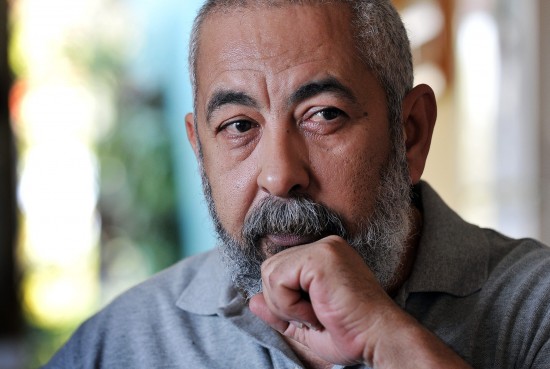
"What I say here in Brooklyn is exactly what I say in Havana.”
As the diplomatic stand-off between the United States and Cuba reaches its fifty-fifth year, an anxious audience packed into 61 Local in Brooklyn, New York to hear from Cuban writer Leonard Padura and his translator, Anna Kushner.
Online translation journal Words Without Borders gathered Padura, Kushner, and writer-editor Jonathan Blitzer to discuss the recently released Padura novel The Man Who Loved Dogs (Farrar, Strauss & Giroux 2013), translated by Kushner. The evening included a reading by Padura in the original Spanish, followed by Kushner reading the same passage in English. READ MORE…
An Interview with Javier Molea

"Basically, no one knows what great Latin American writers are teaching in New York."
Since beginning at McNally Jackson ten years ago, Javier Molea has stretched his title as bookseller to its absolute limits. In the process, he has positioned himself firmly at the crux of a burgeoning New York Spanish-language literary community. READ MORE…
Víctor Rodríguez Núñez (Havana, 1955) is one of Cuba’s most outstanding and celebrated contemporary writers. Collections of his poems appear throughout Latin America and Europe, and he has been the recipient of major awards all over the Spanish-speaking world, most recently Spain’s 2013 Alfons el Magnànim International Poetry Prize for his book, desde un granero rojo (from a red barn). Known as a charismatic reader, he has been a riveting presence at most of the major international literary festivals for over a decade, having read in more than twenty countries. In the last several years, Rodríguez Núñez has begun to develop an enthusiastic English-reading audience as two book-length translations of his work have appeared in the UK, along with a chapbook in the United States, as well as poems in prominent American and British journals.
Recently Manhattan’s peerless and endlessly vibrant 92nd Street Y released thousands of recordings of events held there over the years in honor of the institution’s 75th anniversary. I have only just begun to delve into the trove of offerings, but I have the following recommendations to make —
When you think of the Dutch contributions to pop music, you might find yourself drawing a blank, albeit perhaps one decorated with some tulips, marijuana leaves, and gay marriage. There’s no reason to, really, you only have to listen to the Van Halen boys (who share my hometown, as I recently found out), the fantastic “Radar Love” by Golden Earring, or Morrissey favorites Shocking Blue, a 1960s combo whose songs were made famous by bands as diverse as Bananarama (“Venus”) and Nirvana (“Love Buzz”). READ MORE…
Alejandro Zambra’s “The Novel I Lost”
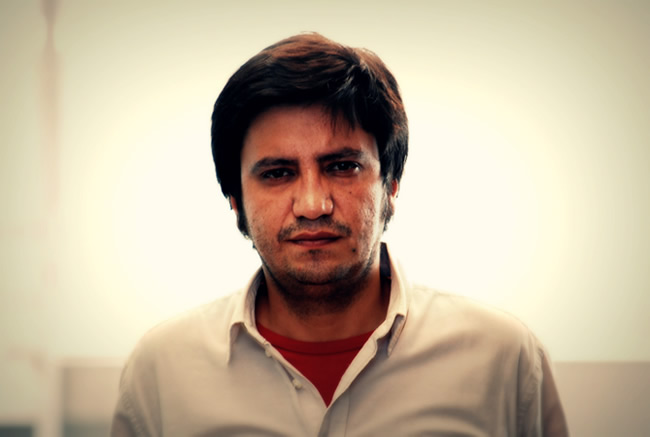
The Chilean writer reflects on the film adaptation of his novel
Alejandro Zambra is a Chilean writer at the forefront of literature today. The appearance in 2006 of Bonsái, his first novel, was an event—“A bloodletting,” as Marcela Valdes called it. In 2007 he was one of the Hay Festival’s “39 under 39” list of the best young Latin American writers, and in 2010 he was featured in Granta’s Best of Young Spanish Language Novelists issue. He has written two more novels: La vida privada de los arboles (tr. The Private Lives of Trees, Open Letter), and Formas de volver a casa (tr. Ways of Going Home, FSG); his new collection of short stories, Mis documentos, will be out from Anagrama in early 2014.
Taking license with Ray Bradbury
If you ever pass through Citrus Park, I recommend that you not enter Miss Roberta Donovan’s bar. Keep going, at full speed, and try not to listen to the siren’s song of the women tattooed on that enormous madam. I had the bad luck of stopping in Citrus because my car broke down there. The radiator, the spark plugs, who knows what went wrong with my old ’69 Mazda. Today it’s gone forever in the sands of that ghost town.
Because, gentlemen, Citrus Park is a ghostly town. There are no garages, no markets, no pharmacies, no cafés: nothing. One glance is enough to understand that it’s completely uninhabited, perhaps due to those hurricanes in the early part of the century that beat the Florida coast with unusual fury. The houses are in ruins, the streets are made of white sand, and millions of giant red ants crawl over everything in search of scarce shrubs found around the periphery. They’re enormous ants, perhaps the world’s largest, and they attack humans, leaving enormous terribly itchy welts. READ MORE…


